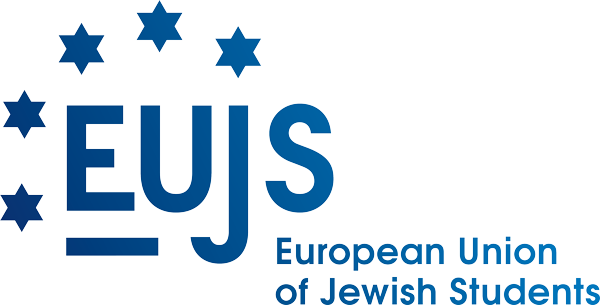“Our values shape our actions, our values shape our policies.”
Alina Bricman represented EUJS at the International Conference on the Responsibility of States, Institutions, and Individuals in the Fight against Antisemitism in the OSCE Area, hosted by the OSCE Italian Chairmanship in Rome. More than 300 government officials, representatives of international institutions, as well as Jewish leadership, among which – the World Jewish Congress, the European Jewish Congress, B’nai Brith International, Yad Vashem and of course, EUJS.
OSCE Chair and Foreign Minister Angelino Alfano opened the conference by stressing the danger of ignoring antisemitism, as “silence favours the aggressor, never the victim”.
Prior to the opening of the Chairmanship conference, Pope Francis granted an audience to delegates and speakers, citing the importance of “educating young generations to become actively involved in the struggle against hatred and discrimination.”
His point was reiterated later in the day at the conference by Alina Bricman, who cited “treasuring inclusive societies” and “empowering youth to shape their communities” as key to a shared future. Alina reminded the participants that as coalition-building and education are two pillars of the OSCE/ODIHR’s approach to combatting antisemitism, “EUJS as a youth and as a civil society organization subscribes to and mirrors that in its activities.”
Conference participants raised concerns about the increasing power of antisemitic and xenophobic parties in France, Austria, Hungary, and Germany; antisemitic marches in Poland, Sweden, and the United States; initiatives to address online hate speech; the role of policymakers and government officials in speaking out against hate crimes; and the safety and future of Jewish communities in Europe.
Several government representatives commented on their respective countries’ use of the International Holocaust Remembrance Alliance’s (IHRA) working definition of antisemitism as a useful guide for participating States and civil society to expand efforts to address rising intolerance. In this context, one of the major outcomes of the Conference was Lithuania’s adoption of the IHRA working definition, becoming the 6th country to adopt it.






















